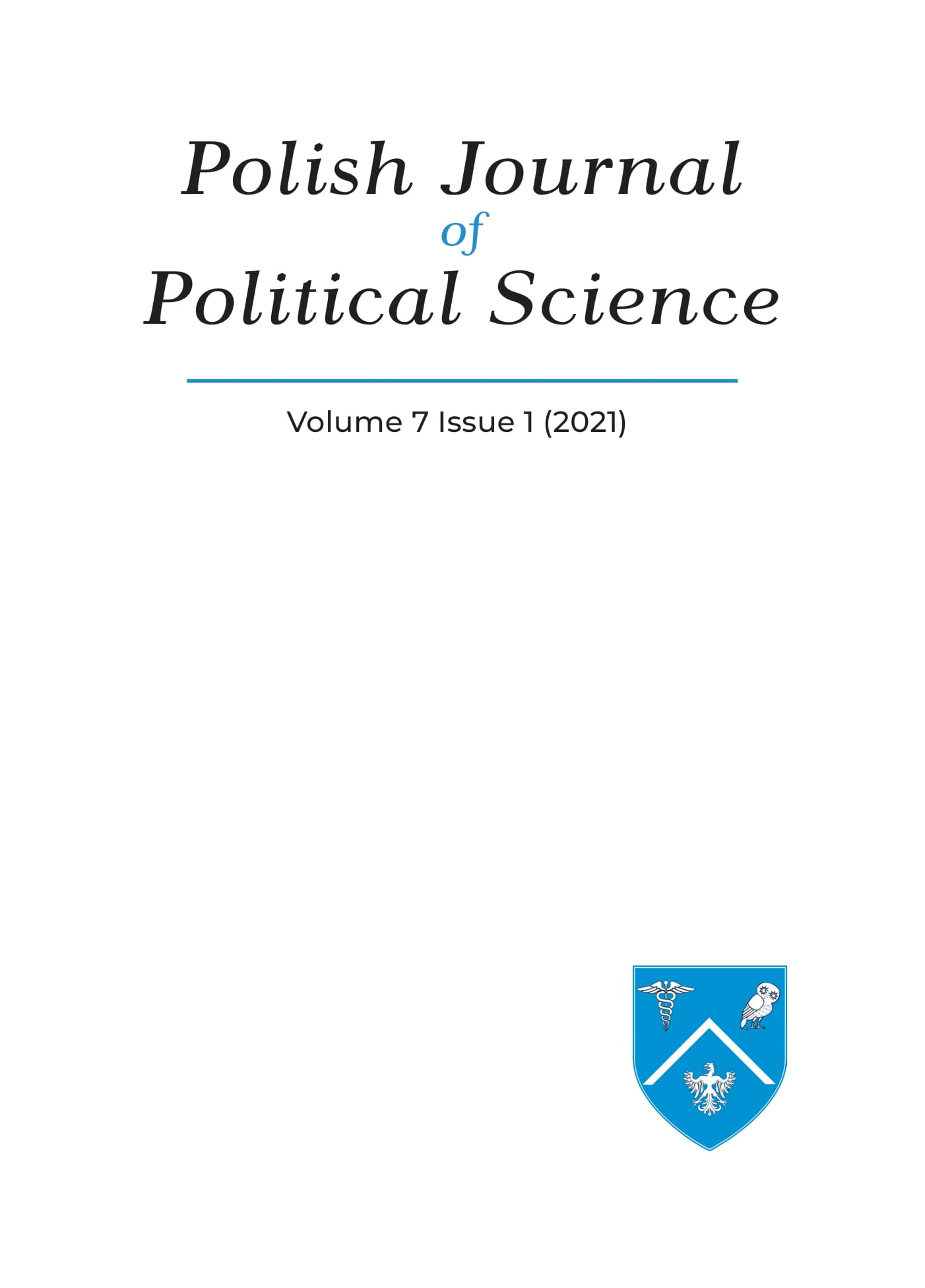Lonely Citizen Effect: How is Democracy Influenced by the Growing Problem of Loneliness?
Lonely Citizen Effect: How is Democracy Influenced by the Growing Problem of Loneliness?
Author(s): Monika MalonSubject(s): Politics, Political Theory, Political Sciences
Published by: Fundacja Instytut Nauki o Polityce
Keywords: loneliness; politics; democracy; social cognition; emotions; citizenship
Summary/Abstract: The problem of loneliness is spreading across modern societies faster than ever before. The main aim of this paper is to demonstrate that this change has negative effects not only on the wellbeing of individuals, but also on the political stability of democratic societies. Loneliness-induced impairments of social cognition make citizens maintain a hostile perception of others and prevent them from looking for truth and participating in reciprocal relationships. Inability to regulate emotions makes them, in turn, prefer affective narratives instead of facts, as well as succumb to manipulations or join unpredictable, deindividuating, totalitarian-like movements. The combination of aforementioned effects may pose a great threat to democratic systems. A suggested way to improve this situation is to fill in the gaps of human emotional instincts and ineffectiveness of welfare institutions, which endorse psychological and physical social isolation. It can be done by using various sorts of innovative applications of modern technologies.
Journal: Polish Journal of Political Science
- Issue Year: 7/2021
- Issue No: 1
- Page Range: 51-73
- Page Count: 23
- Language: English

